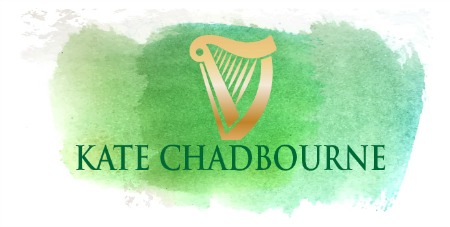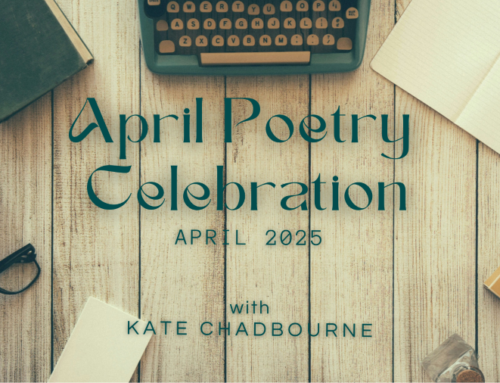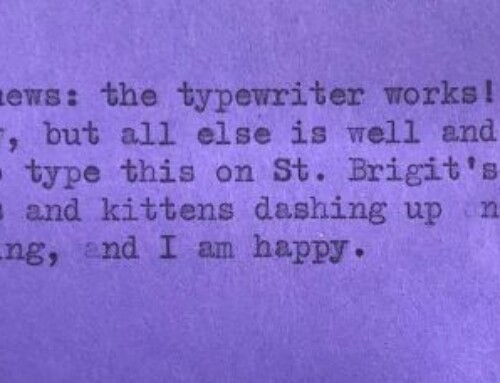I’m going to tell you right now that my way of answering this question is unlike the usual methods for answering it. And I’m also going to tell you upfront that only you can truly answer it for yourself.
Let me explain.
Our society uses different methods to determine what we call “talent,” which means to most of us, a combination of potential and native ability.
As you know, there are many tests that purport to determine intelligence and aptitude: the IQ test, the Iowa Basics, the state assessments, and many others. Later, candidates for various professional degrees undergo further testing to gauge their preparation and aptitude.
Then, too, there are those early demonstrations of ability: the kid who hits a homerun or sings on pitch or wins the science fair. Witnesses to such moments often declare that kid “talented.”
To start, I want to say that I think we have vastly overstated the importance of talent.
We all know people with genius-level IQ scores who have trouble functioning in daily life.
We also know high school football stars or runners who petered out.
And heaven knows how many people I’ve met who showed some natural ability at the piano but never really took it up.
Why?
They didn’t want to.
There is no correlation at all between basic aptitude and achievement.
That brings me to the point of all this, my own definition:
Talent is Eagerness.
It’s the kid who can’t keep his hands off the piano who stands a chance of creating wonderful music.
It’s the person who fails again and again to throw a decent pot but just wants to keep trying who will eventually make a beautiful pot.
It’s the writer, rejected again and again, who keeps going until the first book comes out.
It’s the chef who spends every weekend in the kitchen, trying out new flavors for the sheer fun of it.
In my book, these people are talented.
You are good at – or you will eventually get good at – what you are eager to do.
That’s where your true talent lies. It’s not the tools themselves but how you use them that really matters.
It’s not potential which is a shimmering, romantic fancy that gives meaning and purpose to your life but sustained devotion.
Talent is in the doing, more than in the being.
If you want to know what you are talented at, ask what you are eager to do, what you are already doing.
And then, my friend, to make good on your talent – keep doing it!



